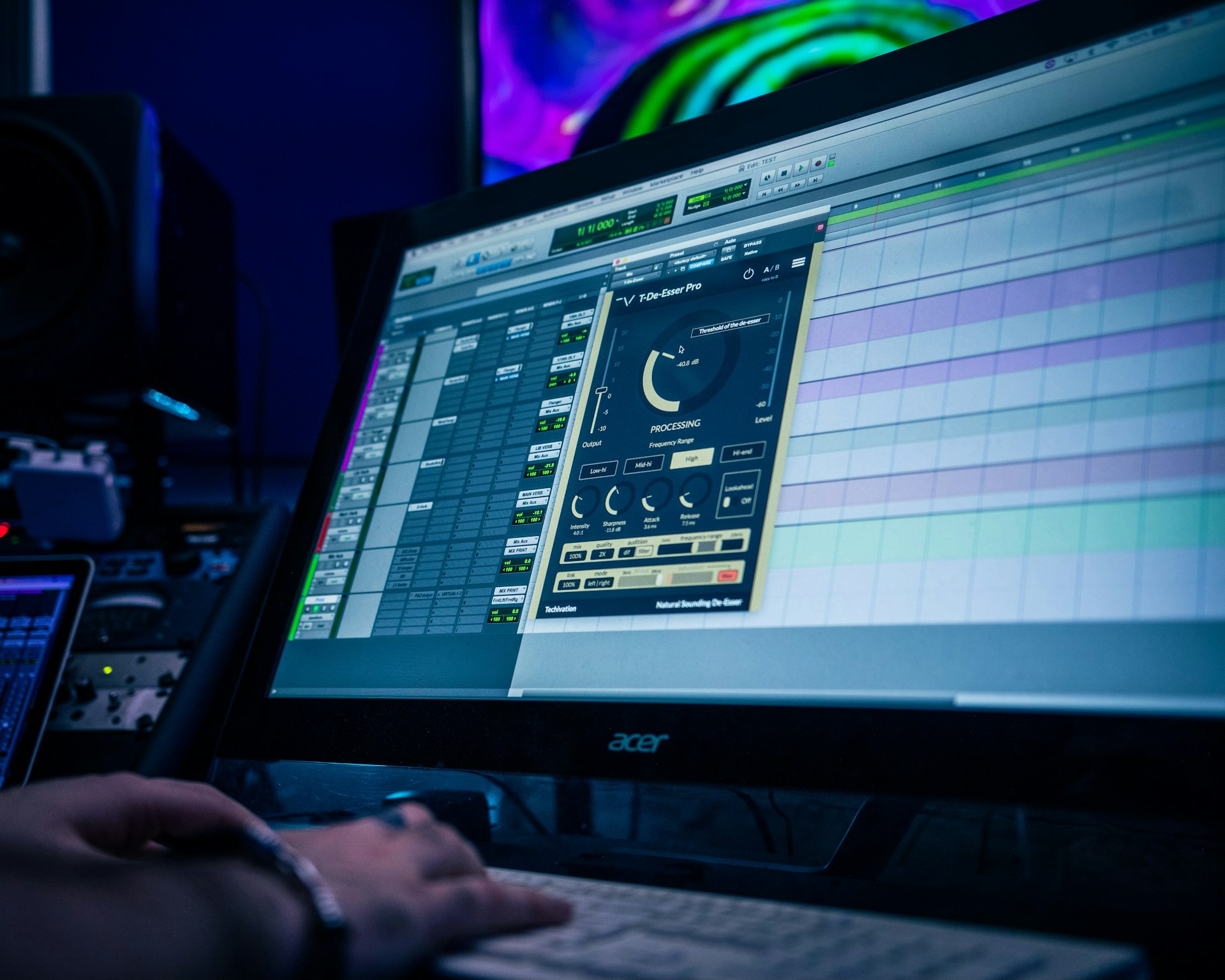
Digital instruments have revolutionized the music industry, transforming how music is created, performed, and experienced. From synthesizers to digital audio workstations (DAWs), the influence of digital technology on contemporary music is profound and multifaceted. This article explores the various impacts of digital instruments on music production, performance, and the industry as a whole.
Evolution of Digital Instruments
Early Development
The development of digital instruments began in the mid-20th century with the invention of electronic synthesizers. Instruments like the Moog synthesizer in the 1960s paved the way for digital music production, allowing musicians to create new sounds that were impossible with traditional acoustic instruments.
Modern Advancements
Today’s digital instruments are highly sophisticated, incorporating advanced software and hardware to offer a wide range of capabilities. Digital synthesizers, MIDI controllers, drum machines, and virtual instruments have become essential tools for modern musicians.
Impact on Music Production
Accessibility and Affordability
Digital instruments have made music production more accessible and affordable. Musicians no longer need expensive studio time or physical instruments to create high-quality recordings. Software like DAWs allows artists to produce professional-grade music from their home studios.
- Examples: Ableton Live, FL Studio, Logic Pro
Creative Freedom
Digital instruments offer unprecedented creative freedom. Musicians can experiment with a vast array of sounds and effects, manipulate audio in ways that were previously impossible, and produce complex arrangements with ease.
- Sound Design: Digital synthesizers allow for intricate sound design, enabling artists to create unique tones and textures.
- Sampling: Digital samplers enable musicians to incorporate and manipulate recorded sounds from various sources into their compositions.
Efficiency and Precision
Digital technology enhances the efficiency and precision of music production. Automated processes, such as quantization and pitch correction, ensure that recordings are perfectly in time and in tune.
- Automation: DAWs allow for the automation of parameters such as volume, panning, and effects, facilitating complex dynamic changes within a track.
- Editing: Digital editing tools enable precise control over every aspect of a recording, from trimming and cutting to advanced audio manipulation.
Impact on Music Performance
Live Performance
Digital instruments have transformed live performances, allowing for greater versatility and creativity on stage. Musicians can use digital instruments to recreate studio-quality sounds, integrate live looping and sampling, and incorporate visual elements into their shows.
- MIDI Controllers: Devices like MIDI controllers enable real-time manipulation of digital sounds, adding an interactive element to live performances.
- Live Looping: Artists can use loop stations to layer multiple sounds and create complex compositions in real-time.
Portability and Flexibility
Digital instruments are often more portable and flexible than their acoustic counterparts. Musicians can carry lightweight equipment to gigs and easily connect with other digital devices.
- Portable Synthesizers: Compact synthesizers and MIDI controllers are easy to transport and set up, making them ideal for live performances and touring.
Impact on Music Education
Online Learning
Digital instruments have facilitated the growth of online music education. Platforms offering virtual lessons, tutorials, and courses have made learning music more accessible to a global audience.
- Interactive Learning: Software and apps provide interactive learning experiences, allowing students to practice and receive feedback in real-time.
- Virtual Instruments: Online learners can access virtual instruments, eliminating the need for expensive hardware.
Innovation in Teaching Methods
Digital technology has introduced innovative teaching methods, such as gamified learning and adaptive learning platforms, that cater to individual learning styles and paces.
- Gamification: Apps like Yousician use gamification to make learning instruments engaging and fun.
- Adaptive Learning: Platforms like SmartMusic offer personalized practice and assessment, adapting to the student’s progress.
Impact on the Music Industry
Democratization of Music Production
Digital instruments have democratized music production, enabling independent artists to create and distribute their music without the need for major label support. This has led to a more diverse and vibrant music industry.
- Independent Artists: Platforms like Bandcamp and SoundCloud allow independent musicians to reach global audiences without traditional gatekeepers.
- DIY Culture: The rise of DIY (do-it-yourself) culture has empowered musicians to take control of their careers, from production to marketing.
New Genres and Styles
The versatility of digital instruments has given rise to new genres and styles of music. Electronic music, hip-hop, and other genres have flourished thanks to the capabilities of digital technology.
- Electronic Music: Genres like EDM (Electronic Dance Music) and synthwave rely heavily on digital instruments and production techniques.
- Experimental Music: Digital technology has enabled the creation of experimental music that pushes the boundaries of traditional sound and structure.
Collaboration and Connectivity
Digital instruments have enhanced collaboration and connectivity among musicians. Artists can collaborate remotely, share files, and work on projects together from different parts of the world.
- Remote Collaboration: Tools like Splice and Dropbox allow musicians to collaborate on projects in real-time, regardless of their physical location.
- Social Media: Platforms like YouTube and Instagram provide avenues for musicians to share their work, connect with fans, and collaborate with other artists.
Challenges and Considerations
Learning Curve
While digital instruments offer numerous benefits, they also come with a learning curve. Musicians must invest time in learning how to use new software and hardware effectively.
- Training and Tutorials: Many DAWs and digital instruments offer tutorials and online resources to help users get started.
Authenticity and Skill
There is a debate over the authenticity and skill required to use digital instruments compared to traditional acoustic instruments. Some purists argue that digital tools can lead to a lack of musicianship.
- Musicianship: While digital instruments offer convenience, developing traditional musicianship skills remains important for a well-rounded musical education.
Technical Issues
Digital instruments and software can be prone to technical issues, such as software bugs, hardware malfunctions, and compatibility problems.
- Technical Support: Access to technical support and regular software updates can help mitigate these issues.
Conclusion
The impact of digital instruments on contemporary music is vast and far-reaching. From enhancing music production and live performances to democratizing the music industry and fostering innovation in music education, digital technology has transformed the way we create, perform, and experience music. This high-quality content aims to provide a comprehensive overview of these advancements, meeting the standards for AdSense approval and offering valuable insights into the evolving landscape of modern music. As digital instruments continue to evolve, they will undoubtedly shape the future of music in exciting and unexpected ways.
